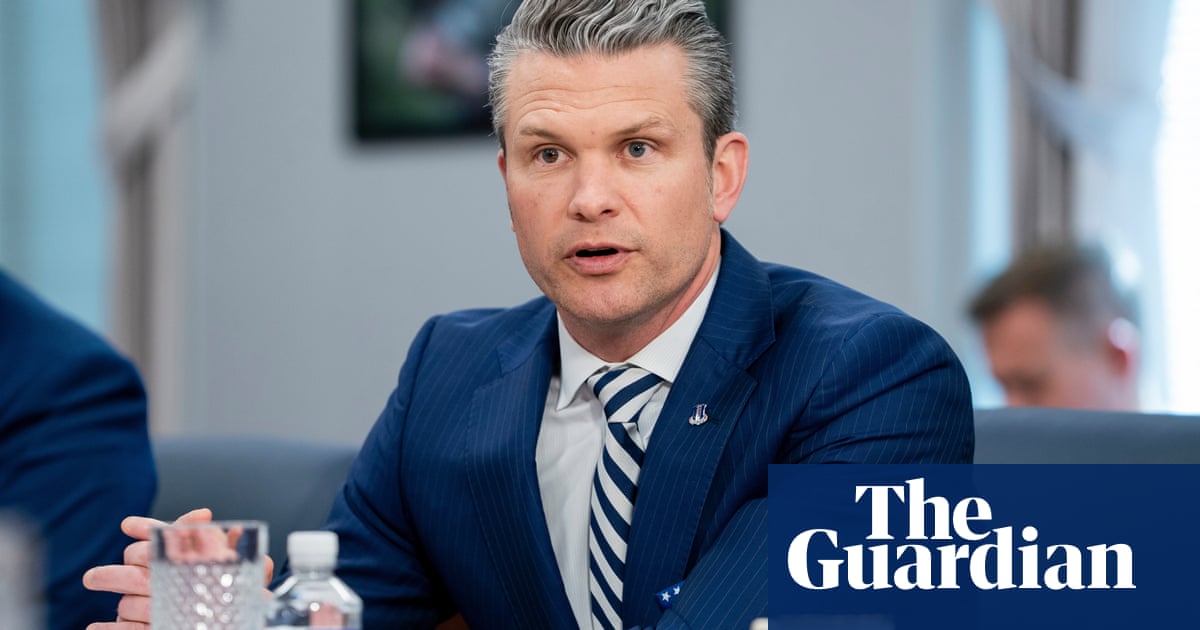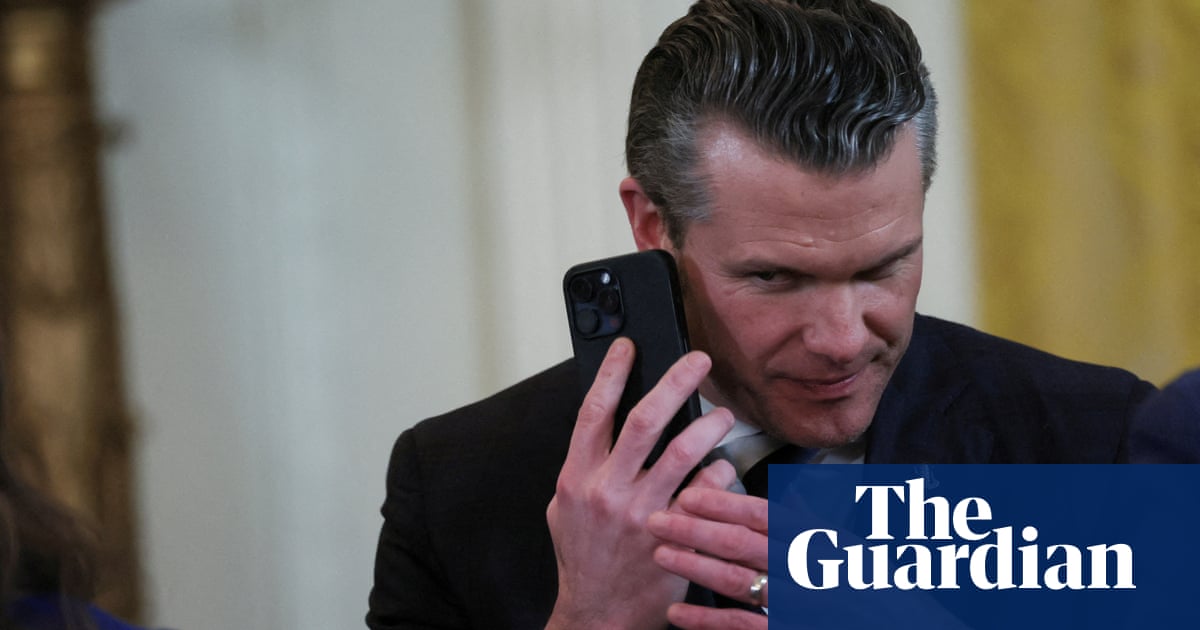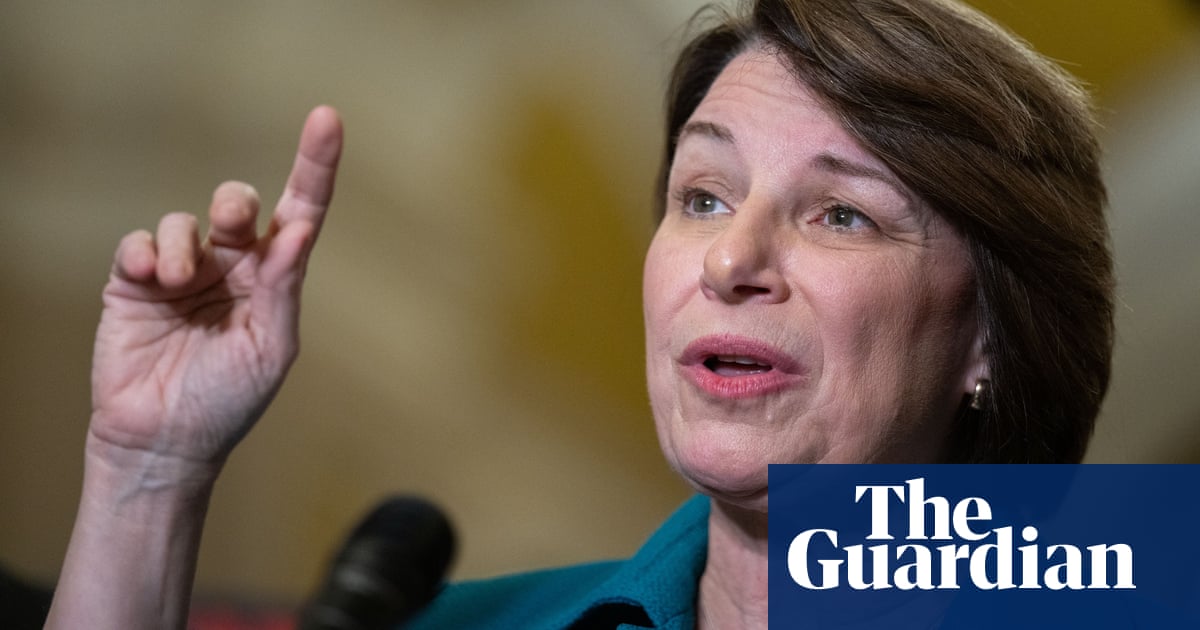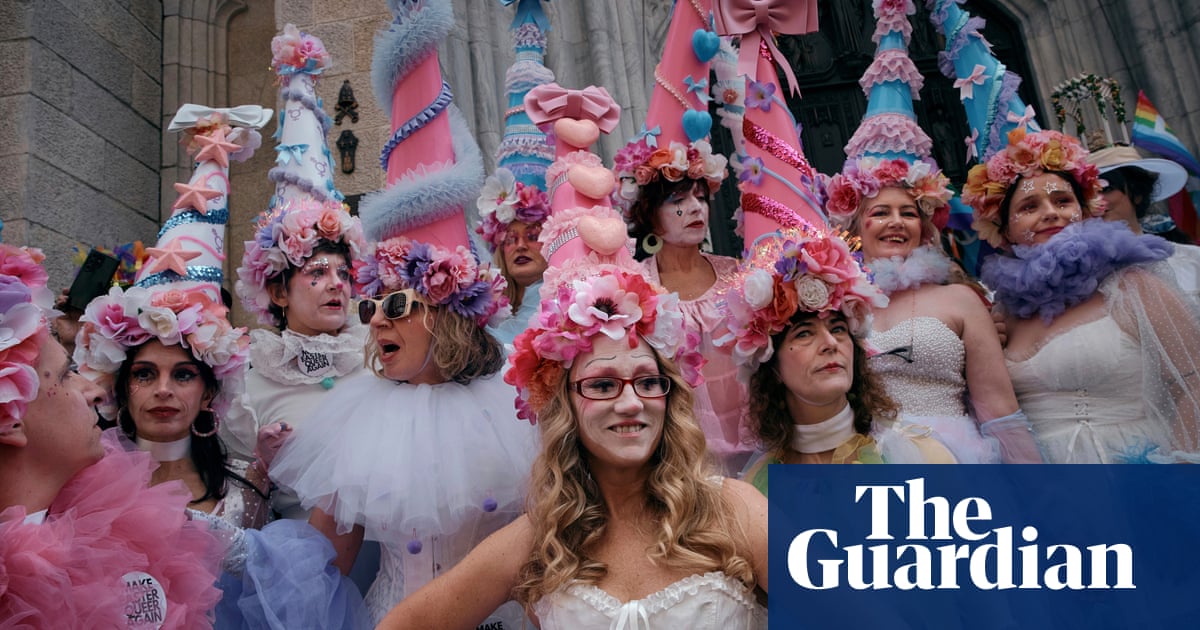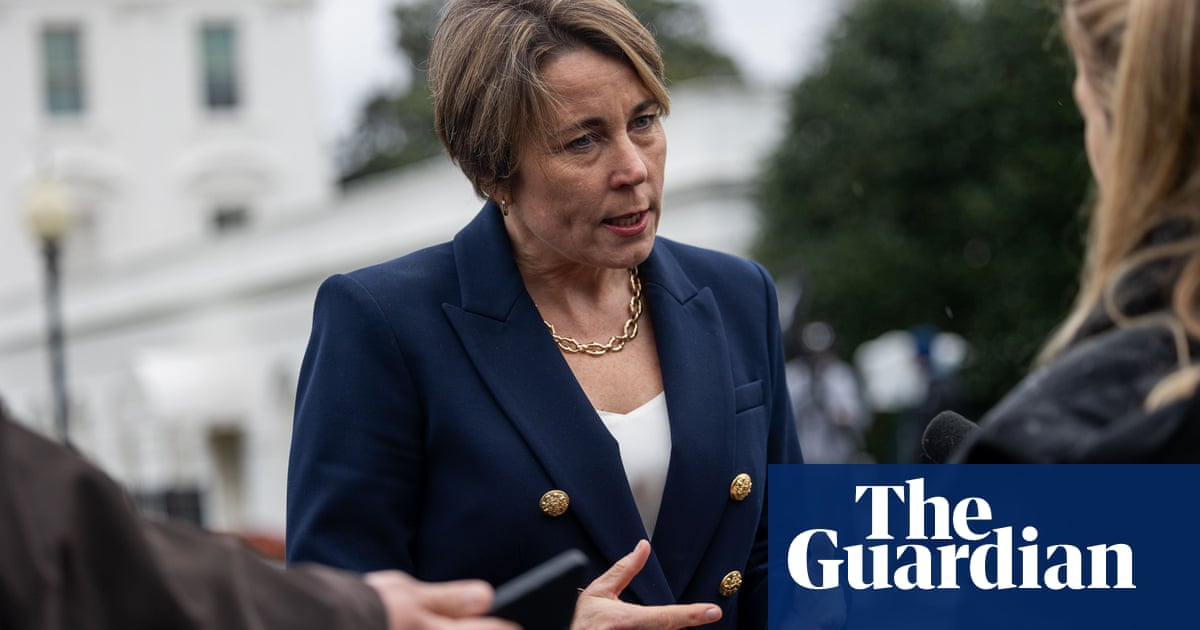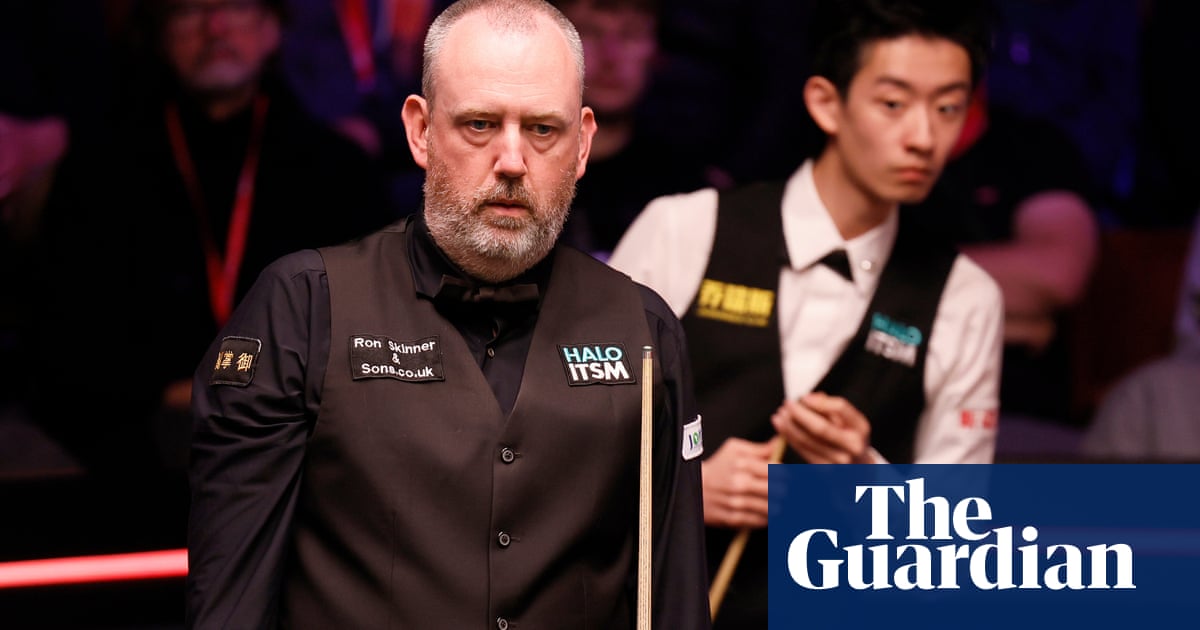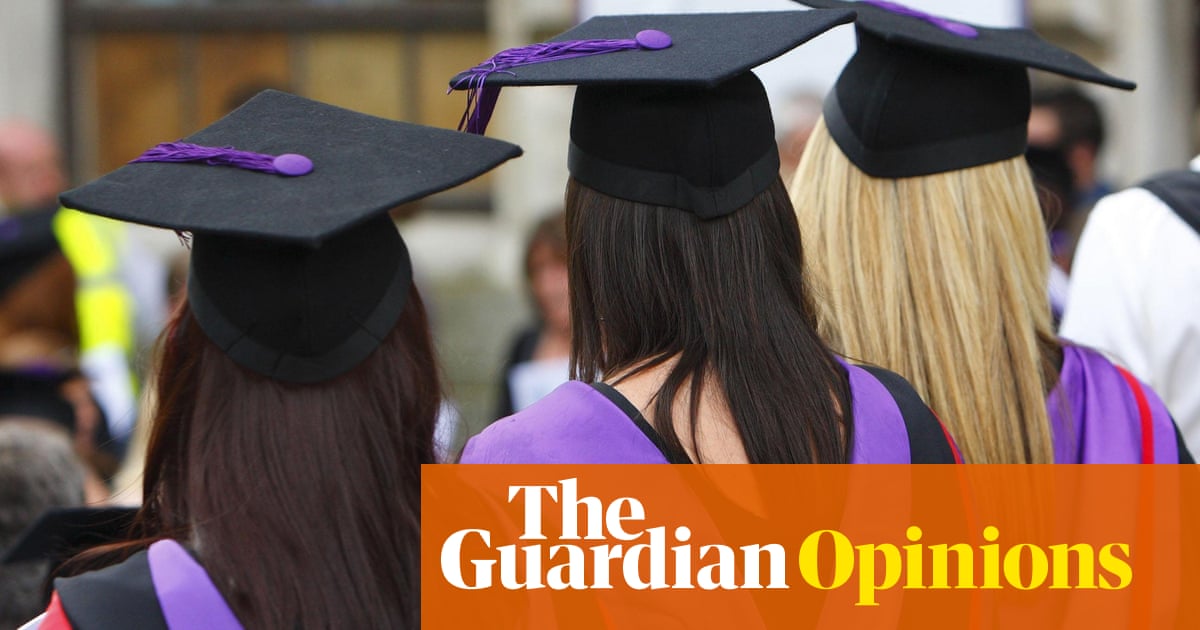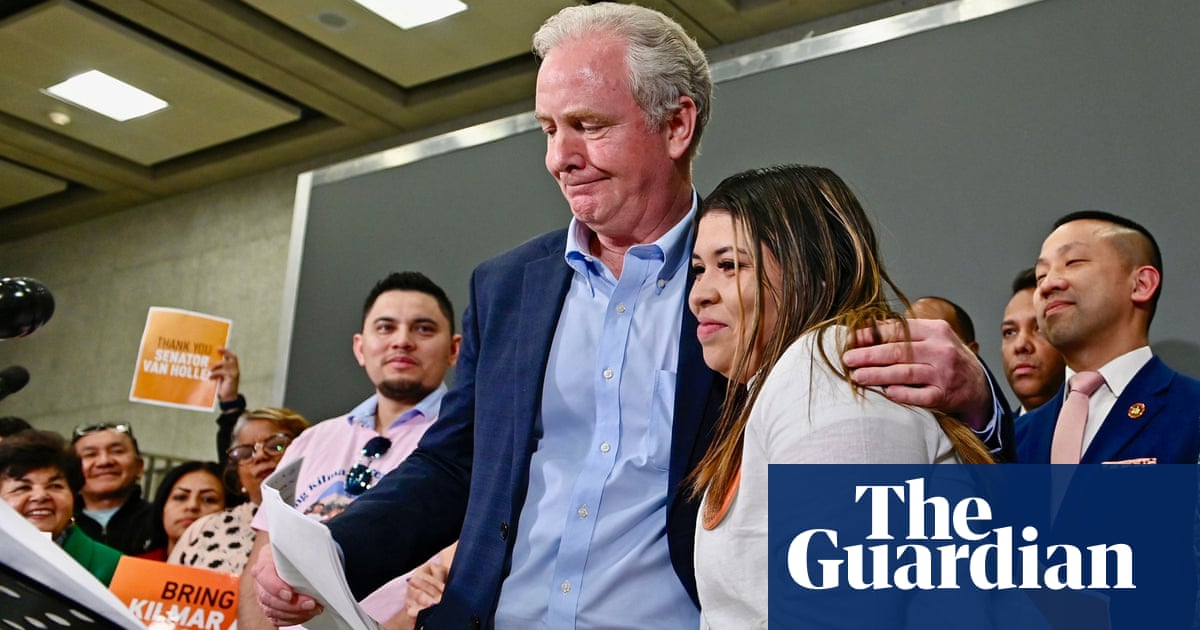Was it just for the PR? That’s what many who care about fairness in the workplace have been asking since Meta, headed by Mark Zuckerberg, announced the scrapping of all diversity, equity and inclusion (DEI) schemes within the organisation. Days earlier, fast food giant McDonald’s made a similar announcement. Last year, the car manufacturer Ford and Walmart – the largest private employer in the US – also rolled back their diversity programmes.
So what’s going on? For years, and especially after the Black Lives Matter summer of 2020, these huge corporations have been saying that diversity is a good thing – that it keeps them in touch with their consumers and thereby strengthens the business, as well as being the morally right thing to do.
Less than three years ago Meta was boasting about its “ambitious” DEI programme, having “doubled the number of women in our global workforce and the number of Black and Hispanic employees in the US”. And it declared: “By supporting diverse suppliers and hiring people with a variety of backgrounds and perspectives, we’re able to create better experiences for everyone … Together, through dedication and innovation, we’ll strive to make technology and the metaverse more inclusive.”
Has that logic now been thrown in the bin? Does Meta no longer need to be inclusive; does it no longer seek better experiences for everyone? Does Zuckerberg feel there are now too many female or Black or Hispanic employees? Is the problem fixed? Of course it isn’t – and no one is bothering to claim that it is.
A memo sent by Meta to staff last week referred to the fact that “the legal and policy landscape surrounding diversity, equity and inclusion efforts in the United States is changing”. It went on to say that the US supreme court – which is now stuffed with appointments made by the incoming president, Donald Trump – “has recently made decisions signalling a shift in how courts will approach DEI” and that “the term ‘DEI’ has also become charged, in part because it is understood by some as a practice that suggests preferential treatment of some groups over others”.
But when was that not the case? Diversity and earlier iterations such as “equal opportunities”, “affirmative action” or “women’s liberation” have always been highly charged issues – referred to disparagingly as obsessions of the “loony left” or of “political correctness”. There has always been a backlash, mainly led by those who are used to having privilege, such as wealthy white men, with others co-opted to the fight depending on the specific situation – for example, white working class against immigrants, straights against gay people.
Those who work in or support diversity, such as Zuckerberg up to last week, have always had to argue for it morally, but also in terms of its benefits.
Take, for example, a company with an all-male leadership: it will in all likelihood fail to fully understand its potential female customers. Introducing women to its leadership team might therefore bring in new business, increase revenue and create new opportunities for all staff, including its men. The same goes for organisations with all-white, all-middle-class, all-straight, or zero-disability leadership.
There’s often also a misunderstanding about the specific terms. “Diversity” simply means bringing in new faces from underrepresented groups. It can be measured in numbers and percentages. “Inclusion” goes one stage further, making the extra effort to ensure those new recruits feel as heard and valued within the organisation as its traditional staff. “Equity” is about levelling the playing field, taking into account potential disadvantages, so the newcomers have a fair chance to succeed. Equity has been popularly exemplified in a series of cartoons depicting three children of varying heights trying to look over a fence. Only the tallest can see over without assistance. “Equality” is giving all three an equal-sized box so that the middle child can now see over. “Equity” is giving the shortest an extra box so that all three can see.
That seems ideal. So why has Zuckerberg changed tack? Is it to ingratiate himself with Trump? Meta owns three of the world’s five most popular social platforms – Facebook, Instagram and WhatsApp. Was Zuckerberg getting envious of all the recent attention focused on Trump’s new best friend, Elon Musk?
We may never know. But what’s ironic about all those on the right who rail against identity politics in general is that they are merely foregrounding their own preferred brand of identity politics. From Maga in the US to Nigel Farage in the UK and the far right across Europe, they rage against out-of-touch elites and demand rights for the white working class – but what is “class”, after all, apart from just another identity? Yes, the working class have traditionally been marginalised, looked down upon and left behind, but these are reasons to make DEI initiatives more inclusive, rather than to undermine progress or axe them.
Traditionally, class issues have been addressed through the union movement – which in the UK created the Labour party. But as working practices have changed, and moved away from mass-employment industries into precarious jobs, longstanding support mechanisms have weakened, leaving many left adrift. It has been a fair criticism that DEI has been slow to make steps to improve this specific kind of social mobility. These identities often have a regional aspect too: middle America and the rust belt versus the east/west coast; in the UK, the north and the regions versus London. In Britain the BBC, to take one example, recognised this and moved much of its output from London to Salford near Manchester.
There is corporate backsliding, and that is regrettably high profile, but it’s important not to get carried away thinking diversity is dead. In the UK, even the Rupert Murdoch-owned News UK – which includes the Sun, the Times, the Sunday Times, Talk radio and TV and Talksport – still talks glowingly of its diversity work.
And even Meta last week insisted it still has “a principle of serving everyone. This can be achieved through cognitively diverse teams, with differences in knowledge, skills, political views, backgrounds, perspectives and experiences”.
Just days before the DEI announcement, when Zuckerberg declared he was getting rid of factchecking on his social platforms, he said he would be moving his content moderation teams from liberal California to conservative Texas. What is this but an affirmative action programme? Just like the BBC, he has taken a bold step to tackle institutional bias favouring an apparent social elite, in order to open up opportunities for the underrepresented.
So Zuckerberg claims to have changed policy. But don’t be fooled that he has ditched DEI: he has merely replaced one group of beneficiaries with another, for nothing more than political expediency.
-
Joseph Harker is the Guardian’s senior editor, diversity and development

 3 months ago
54
3 months ago
54
